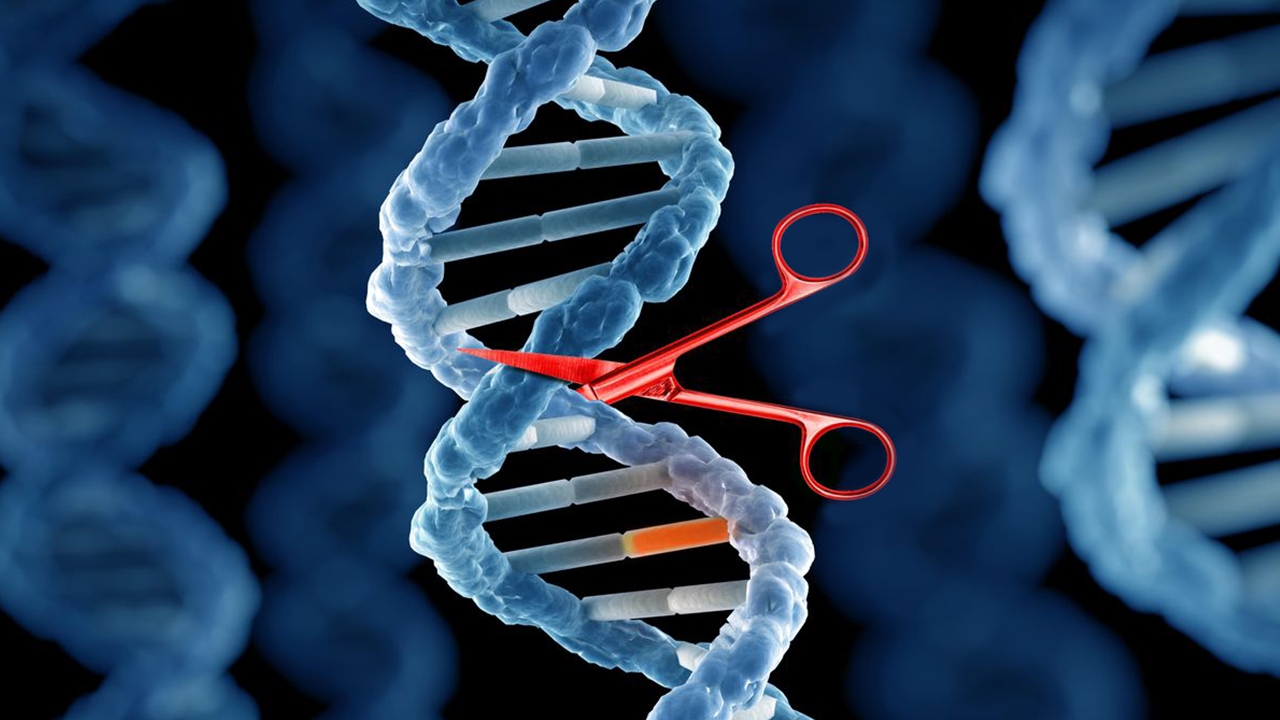The field of genome engineering has seen tremendous advances in recent years. Scientists are now able to precisely modify genes in living organisms like never before. This promising area of research holds great potential to benefit humanity in numerous ways. However, it also raises important ethical questions that need careful consideration.
What is Genome Engineering?
Genome engineering refers to the direct manipulation of an organism’s genetic material. The goal is to precisely revise, remove, or add specific DNA sequences to a genome. This level of precise genome editing was not possible before new technologies like CRISPR-Cas9 emerged.
CRISPR-Cas9: A Revolutionary Genome Editing Tool
CRISPR-Cas9 (Clustered Regularly Interspaced Short Palindromic Repeats associated protein-9) is a breakthrough technology that has enabled remarkably precise genome editing. It works like a pair of molecular scissors that can cut DNA at a specific location determined by the scientist. This allows diseases to be treated by fixing genetic defects or introducing desired traits into organisms.
The simplicity and versatility of CRISPR-Cas9 have made it the primary tool for genome engineering applications today. It has been used in a wide range of organisms from plants and animals to microbes and human cells. Scientists believe CRISPR will revolutionize fields from medicine to agriculture over the coming decades.
Potential Medical Benefits of Genome Engineering
One promising application of Genome Engineering is in the treatment and cure of genetic diseases. Conditions caused due to mutations in single genes, like cystic fibrosis or sickle cell anemia, may be directly corrected using tools like CRISPR. Editing stem cells and transplanting them back into patients could cure diseases at the root level.
Genome engineering is also being explored to develop new gene and cell therapies. This includes modifying immune cells like T-cells to better recognize and attack cancers. Designer cells and tissues grown from a patient’s own DNA using genome engineering hold great potential to revolutionize regenerative medicine and organ transplantation.
Improving Agriculture through Genome Editing
In agriculture, genome editing tools can be utilized to develop hardier, more nutritious crop varieties and livestock in a more targeted manner than traditional breeding. For example, CRISPR is being used to develop blight-resistant crops, enhance drought tolerance, and biofortify staple foods. Livestock are being edited to increase disease resistance, growth rates, and produce meat/dairy more sustainably.
Ethical Considerations of Human Genome Editing
While genome engineering promises tremendous benefits, it also requires prudent oversight and regulation. A major concern is that heritable human genome editing could enable enhancement of traits or ability beyond treatment of disease. This raises issues of safety, fairness, designer babies, and the blurring of natural human variation and evolution.
There are also debates around gene drive applications which could have unintended ecological consequences if not carefully applied. Overall, extensive public discussion is needed to develop policies guiding responsible and ethical use of genome editing technologies, especially concerning human application and release into the environment.
Genome engineering holds incredible power to revolutionize medicine, agriculture and other fields. However, its promise comes with responsibility. Careful research, oversight and safeguards are needed to ensure its safe, ethical and equitable application for the benefit of humanity and the planet. With a prudent, collaborative approach this promising new technology has the potential to help solve some of our biggest challenges and improve countless lives in the decades ahead.
*Note:
1. Source: Coherent Market Insights, Public sources, Desk research
2. We have leveraged AI tools to mine information and compile it

